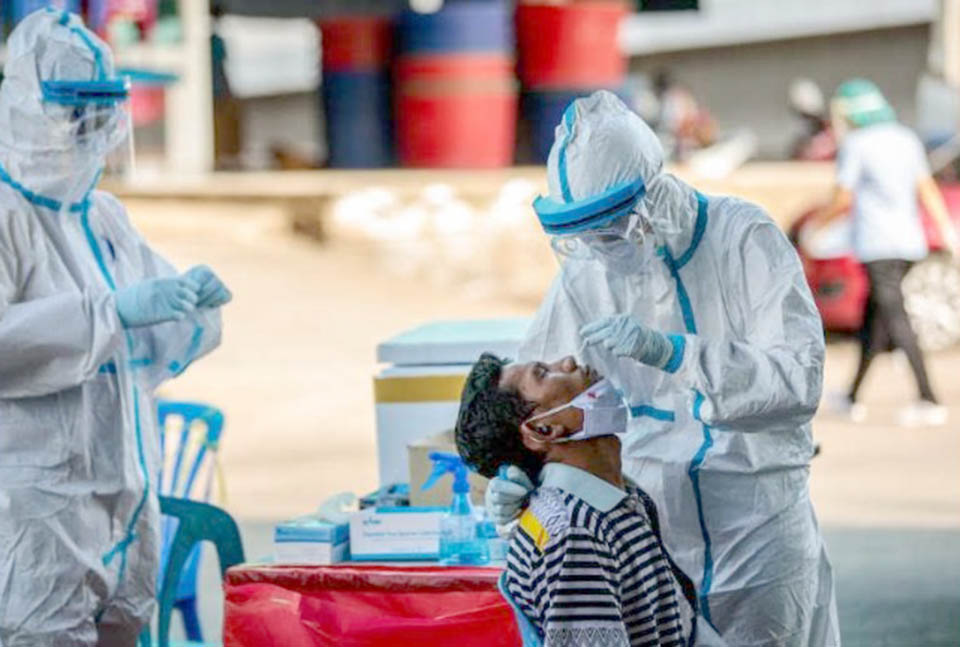Doctors at private and public hospitals across the country are growing increasingly frustrated with the government's policy on vaccines which they say has endangered frontline workers and threatened the country's Covid-19 response, several doctors told Thai Enquirer on Monday.
The frontline workers, including doctors, nurses, and hospital administrative staff have been inoculated with Sinovac vaccines since April.
However, increasing evidence points to Sinovac's ineffectiveness in preventing the transmission of the Covid-19 virus and its variants and its ineffectiveness in stopping symptomatic Delta variant transmissions.
Doctors around the country have called for the government to give frontline workers booster shots.
They are also increasingly speaking out about the ineffectiveness of the Sinovac Vaccine, which the government still insists on buying, and are petitioning the government to bring in more mRNA vaccines like Pfizer and Moderna.
Many healthcare professionals have started changing their profile pictures with banners displaying the hashtag #MakeMRNAVaccinesthePrimaryVaccines to protest the ineffective government policies.
"Not only do we want the government to change our primary vaccines to something that would actually help the people and stop Delta variant transmissions, I believe they should do an investigation on who is making money on these Sinovac purchases," a senior doctor at Siriraj Hospital told Thai Enquirer on condition of anonymity.
"It is unclear why we are spending more money on a vaccine that is less effective but costs more than mRNA doses."
Another doctor at Bumrungrad Hospital told Thai Enquirer that the government was not willing to backdown on its importation of Sinovac because they would lose face.
"Right now, if they give us booster shots and change course with the primary vaccine they would lose much credibility and possibly be investigated for their failures," said the doctor.




